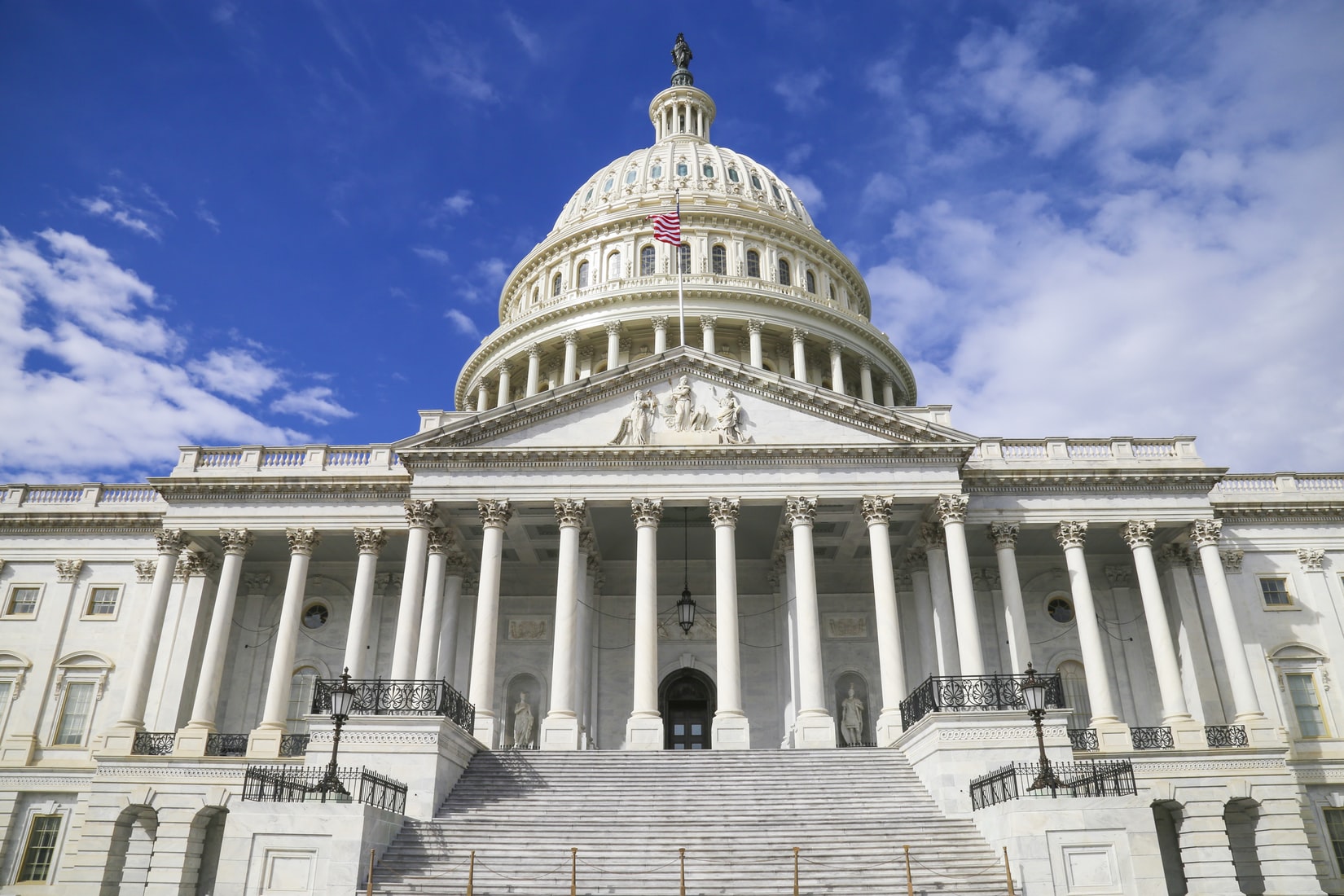Fed up with robocalls? The FCC is now hard at work on new rules that would require phone carriers to implement robocall-blocking technology.
Are you one of the millions of Americans fed up with robocalls? I know I am. Every day it seems as if I’m getting more and more robocalls from mystery companies and individuals. Oftentimes when I answer the phone, there’s not even anyone on the other end, and then when I call back, the recording says the number has been disconnected. What’s up with that? Fortunately, the FCC is at work on new rules that would “require wireless carriers to implement an anti-robocalling technology, after asking them nicely for more than a year to do so at their convenience.” The move came after Congress put pressure on the FCC to do something about the country’s growing robocall problem.

The technology that wireless carriers will have to implement is called Secure Telephony Identity Revisited / Secure Handling of Asserted information using toKENs, otherwise known as STIR/SHAKEN. The technology would act as a “certificate authority for calls that prevents phone numbers from being spoofed.”
The idea behind STIR/SHAKEN has actually been around for awhile, but after getting fed up with complaints of unending robocalls, Congress finally came together and passed the TRACED Act, which gives the FCC and other departments more power to take action against robocallers, and even “prevents carriers from charging for anti-robocall services.” Additionally, the legislation also requires the FCC to “set a timeline for STIR/SHAKEN implementation, which is what FCC Chairman Ajit Pai is busy working on now. In a statement he said:
“It’s clear that FCC action is needed to spur across-the-board deployment of this important technology. There is no silver bullet when it comes to eradicating robocalls, but this is a critical shot at the target.”
Just how soon will the STIR/SHAKEN be fully implemented, though? Unfortunately, not soon enough. The proposal isn’t even scheduled to be voted on until an FCC meeting later this month. If agreed upon, the proposal wouldn’t “require voice service providers to implement STIR/SHAKEN until June 30, 2021.” Additionally, “one-year extensions will be available to smaller providers who claim difficulty getting the system up and running.”
Because of that, robocalls are expected to continue for the time being, including those pesky calls claiming you just won a cruise trip or are being hunted down by the IRS. Fortunately, there are tips and tricks available to help you fight against robocalls yourself. Checkout 101 on preventing robocalls for some useful tips on how you can begin stemming the flow of robocalls today.
Sources:
FCC looks to mandate anti-robocall tech after prodding from Congress


Join the conversation!